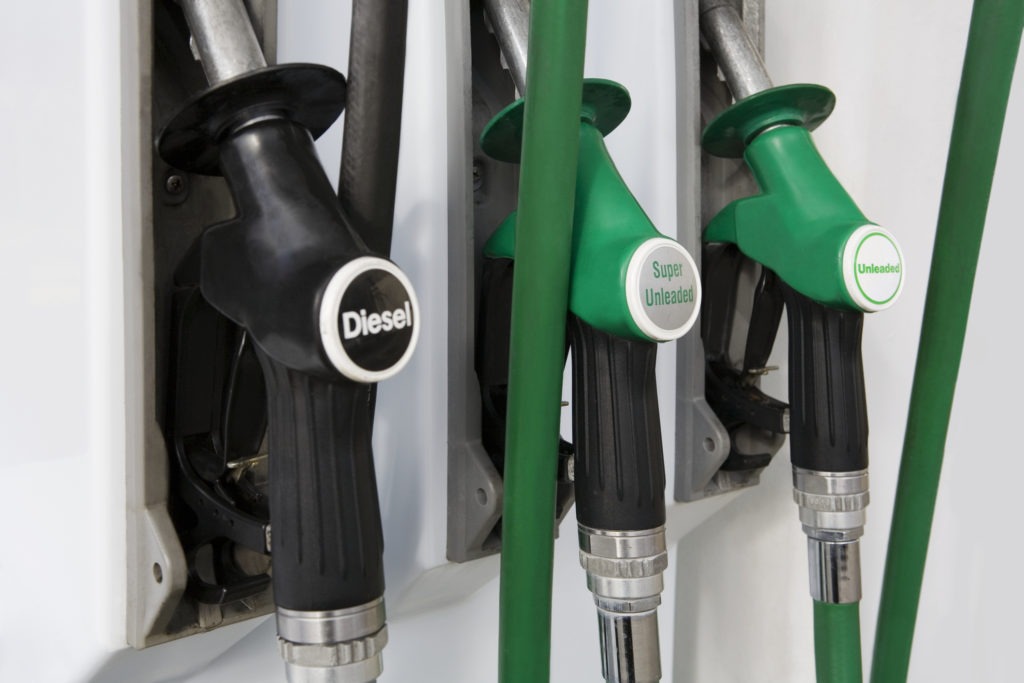Germany beats Norway in EV sales as new figures reveal fuel-type shift
03 May 2018

3 May 2018
The European diesel market has dropped significantly in the first three months of the year, as petrol and alternatively fuelled vehicles continue to take advantage of the change in ownership mentality.
According to figures released by the European Automobile Manufacturers Association (ACEA), in the first quarter of 2018, 37.9% of all new passenger cars in the EU ran on diesel. Petrol cars accounted for 55.5% of the market, making it the most sold fuel type. Alternatively-powered vehicles accounted for 6.5% of EU car sales in Q1 2018, with electrically″chargeable vehicles making up 1.7% of all cars sold.
The diesel market dropped by 17% compared to the same period in 2017, with 1,574,333 units sold across the continent. This was offset by petrol sales, which rose 14.6%. EU demand for alternatively-powered vehicles grew by 26.9%. Registrations of battery electric (34.3%) and plug-in hybrid electric cars (60.2%) accounted for the strongest growth.
In total, 69,898 electrically-chargeable vehicles (ECV) were registered from January to March 2018 (+47.0%). At the same time, 139,556 hybrid electric vehicles (HEV) were sold in the EU, 25.7% more than in the first quarter of 2017.
Germany switching on
Compared to a year ago, Germany saw the strongest increase in AFV registrations, up 73.4%. This means the country overtook Norway to record the highest registrations of electrically charged vehicles.
Norway has been a market leader in EVs and Plug-in Hybrids (PHEVs) for some time, managing sales with incentives to cover the higher costs of the technology. The country has been looking to introduce new taxes and remove some of these incentives. However such plans have been dropped following a drop in EV sales.
Meanwhile, the diesel market in Germany is undergoing a shift, thanks to the need for recalls and impending bans on vehicles entering certain cities. This means drivers looking to trade in their cars are moving away from the technology, either into petrol or electrically-powered vehicles. Germany registered 17,574 electric and plug-in hybrid vehicles during the first three months of 2018, compared to Norway’s 16,182 sales.
Other big European markets also registered EV and PHEV growth, with Spain surging 53.4%, followed by France with 15.3%. The UK also saw an increase, sales were up 9.8% year-on-year, while Italy posted a moderate 9% rise.
With manufacturers increasing the development rate of electric vehicles in order to combat falling diesel sales, and a rise in CO2 levels from vehicles across Europe, sales in this market are expected to rise further in the coming months and years. The figures also highlight how badly diesel is being affected by legislation and demonisation. However, a potential resurgence in the technology could be due, with German automotive supplier Bosch developing a new way to reduce nitrogen oxide (NOx) particles, which are the cause of some air pollution worries.